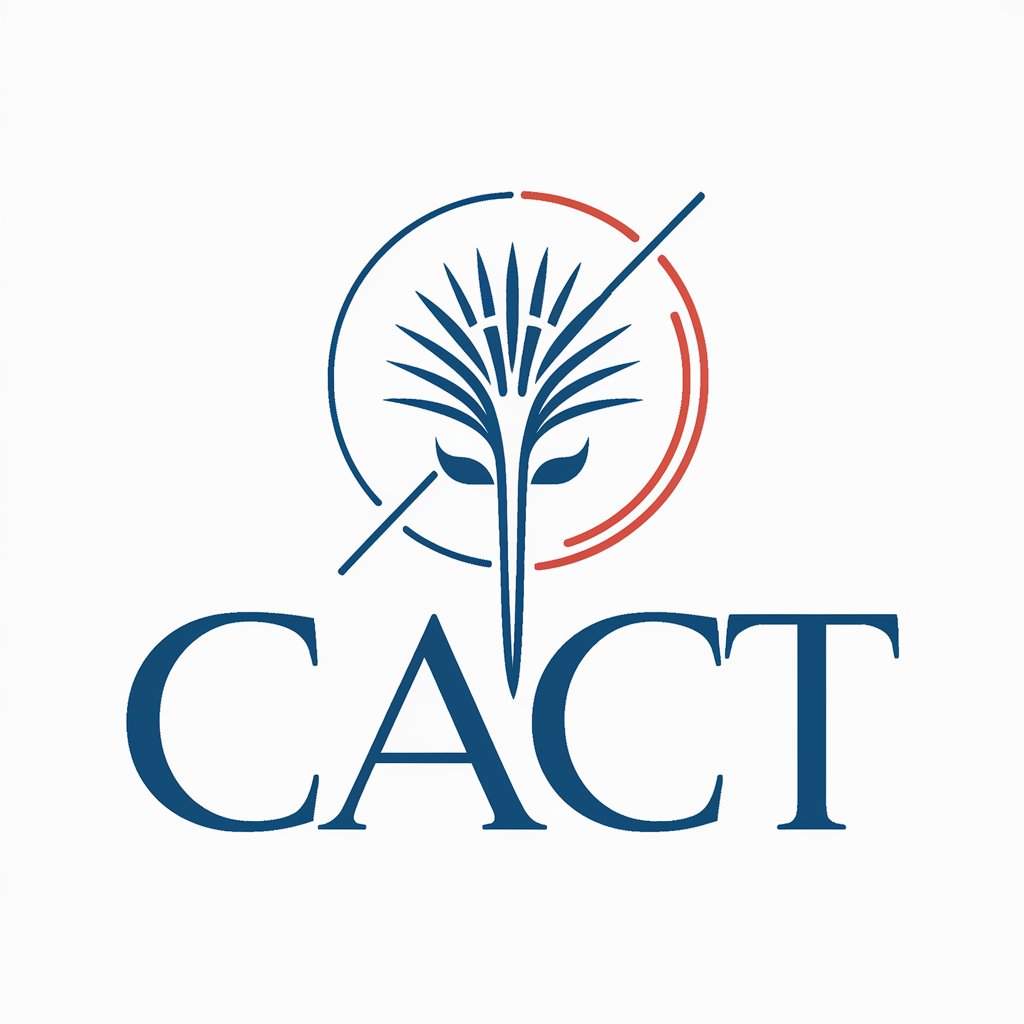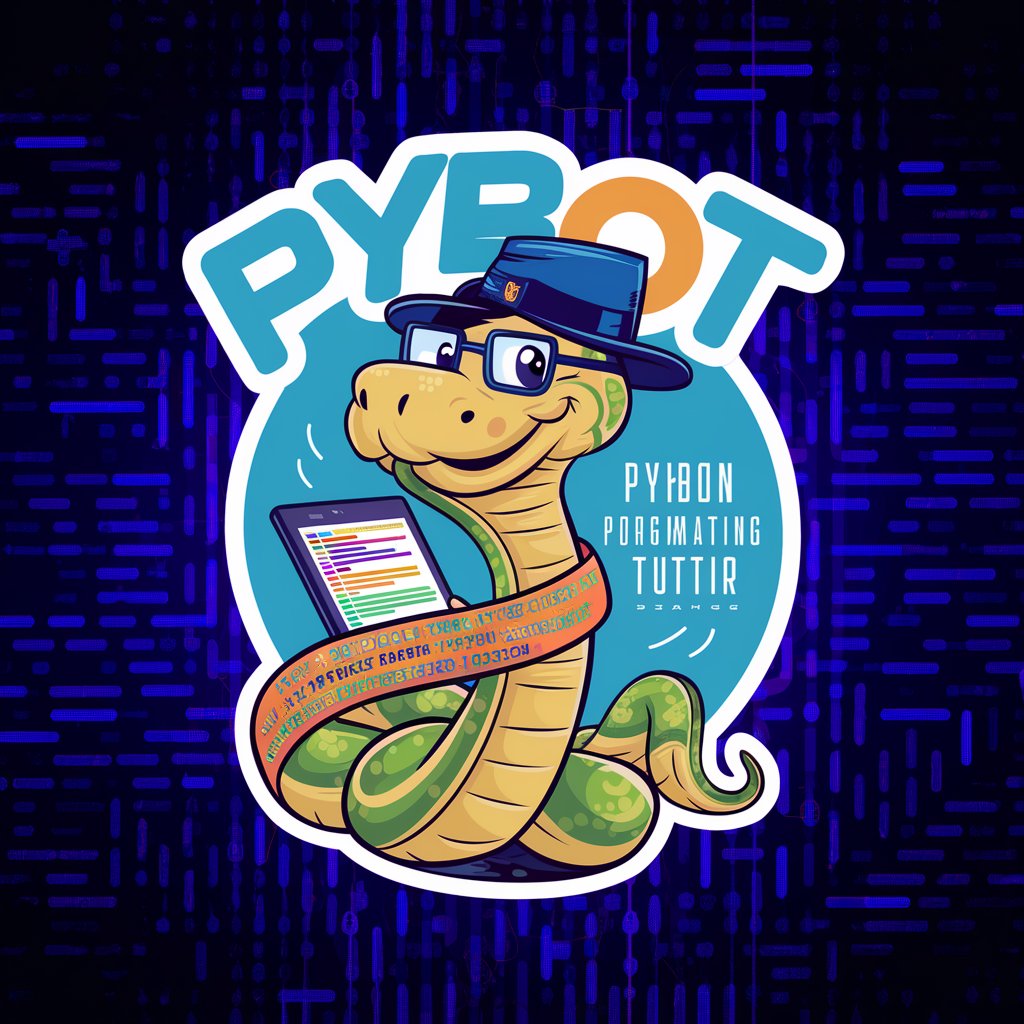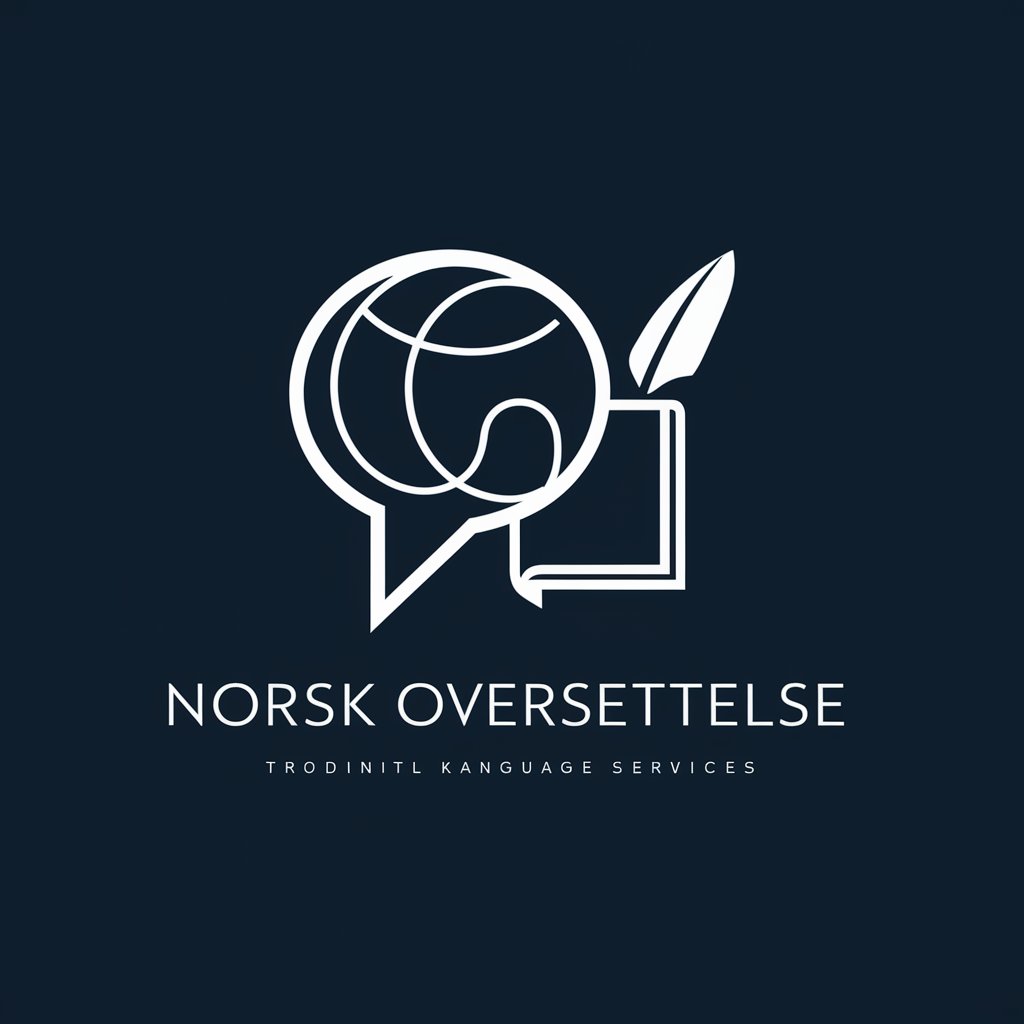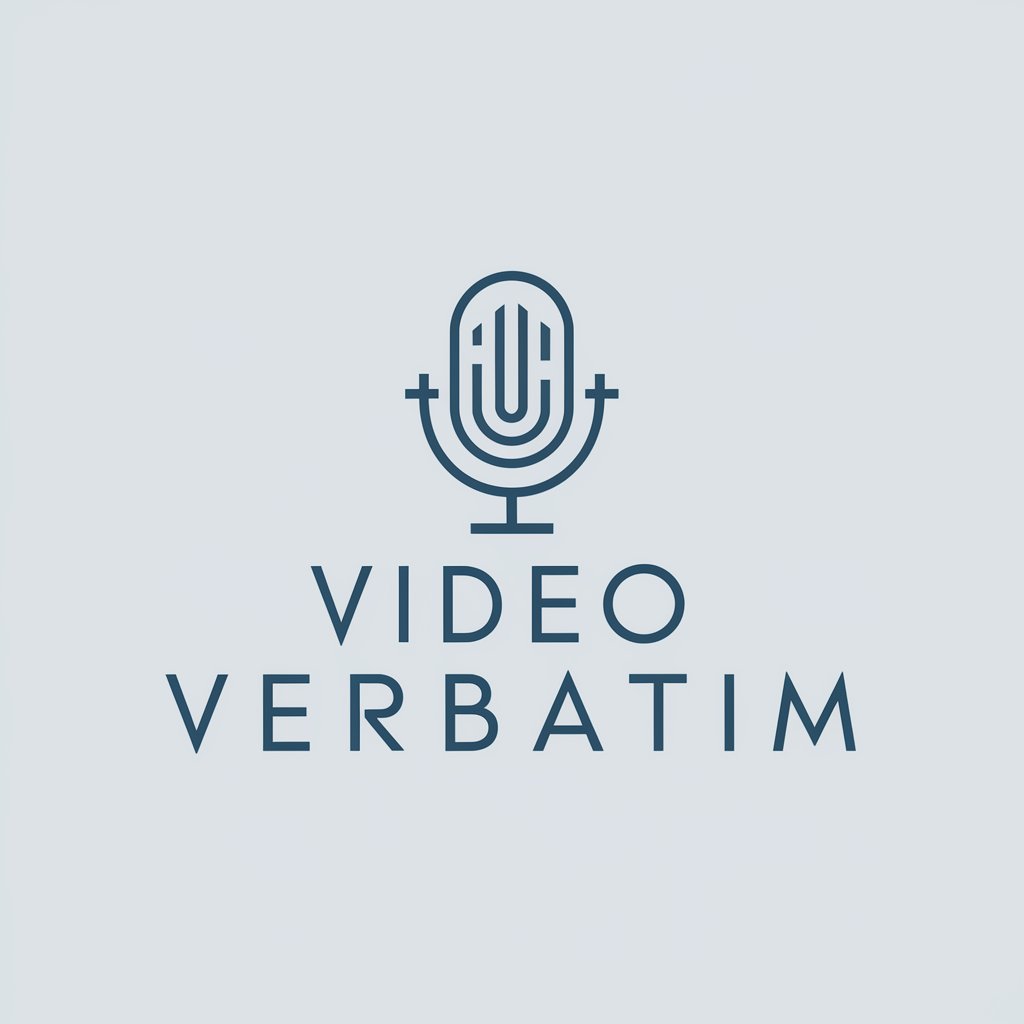Advanced Philippine Constitution Refiner - Legal Text Enhancer

Welcome to the Constitution Amendment Contemporary Tool.
Refining Constitutional Texts with AI
The Constitution Amendment Contemporary Tool aims to...
Designed to update the 1987 Philippine Constitution, the CACT...
As a tool for enhancing constitutional relevance, the CACT...
With a focus on systematic correction and modernization, CACT...
Get Embed Code
Overview of the Advanced Philippine Constitution Refiner
The Advanced Philippine Constitution Refiner is designed to optimize the modification of the 1987 Philippine Constitution. It improves spelling, grammar, and punctuation in English, ensuring textual clarity and coherence. This tool is particularly adept at enhancing style and flow by refining passive constructions, expanding on concise sentences, and promoting a formal tone suitable for legal texts. It offers inclusivity checks, ensuring sensitivity towards gender and other social identifiers. The refiner targets professionals involved in legal drafting, offering them a tool to ensure that proposed amendments are articulate, legally sound, and inclusive. Powered by ChatGPT-4o。

Core Functions of the Advanced Philippine Constitution Refiner
Grammar and Style Enhancement
Example
Original: 'The law should gives citizens the right to speech.' | Refined: 'The law should grant citizens the right to free speech.'
Scenario
Used in refining draft amendments to ensure grammatical accuracy and stylistic appropriateness.
Inclusivity Audits
Example
Original: 'The chairman should address the issue.' | Refined: 'The chairperson should address the issue.'
Scenario
Applied when revising documents to replace gender-specific terms with inclusive language, enhancing the cultural and social relevance of constitutional texts.
Legal Tone and Terminology Adjustments
Example
Original: 'We can change the law.' | Refined: 'The law may be amended.'
Scenario
Utilized in legal drafting to shift from casual to formal legal expressions, aligning the document with the traditional legal discourse.
Target Users of Advanced Philippine Constitution Refiner
Legal Drafters
Individuals involved in drafting or revising legal documents, especially those working on constitutional amendments. They benefit from precise language and formal tone adjustments.
Lawmakers and Policymakers
Government officials who require assistance in ensuring that legislative proposals and policies are clearly articulated and free of bias.
Academic Researchers
Scholars and students in the field of law who analyze legal texts and may use the tool to refine their academic papers or recommendations on constitutional law.

How to Use the Advanced Philippine Constitution Refiner
Step 1
Visit yeschat.ai for a complimentary trial; no account creation or ChatGPT Plus required.
Step 2
Select the 'Constitutional Refinement' option from the main dashboard to access the tool.
Step 3
Upload the document containing the constitutional text or amendments you wish to refine.
Step 4
Specify any particular areas of focus or preferences, such as inclusivity, formal language, or legal terminology.
Step 5
Submit the document for processing, and review the suggested refinements. Accept or revise changes as needed for your specific context.
Try other advanced and practical GPTs
PyBot
AI-powered Python Programming Tutor

Norsk oversettelse
AI-powered translations made simple.

Hip Home Guide
Powering real estate with AI innovation

Groovy Expert with SC 8 Knowledge
Empower Jira with AI-driven Groovy scripting

Java Mentor
Master Java with AI-powered guidance

Book Cover Generator
Craft Your Story’s First Impression

Video Verbatim
Transform Video Speech to Text Instantly

Nine Stories
Craft Viral Stories, Effortlessly

🌸 Cocoa Twins® Mother's Day Magic 🌸
AI-powered Mother's Day creativity

WhitePaper PRO
AI-driven whitepaper creation made easy.

Chronic Rhinosinusitis, Paper Writing Helper
Empowering Your Sinusitis Research with AI

BestBet Forecaster
AI-Powered Sports Betting Insights

Frequently Asked Questions About Advanced Philippine Constitution Refiner
What is the primary purpose of the Advanced Philippine Constitution Refiner?
The tool is designed to refine and enhance constitutional texts and proposed amendments, ensuring they meet high standards of grammar, style, inclusivity, and legal precision.
Can the tool handle documents in formats other than Word?
Yes, the tool is versatile and can process documents in various formats including PDF, Word, and plain text to accommodate different user needs.
Does the tool provide suggestions for making language more inclusive?
Yes, it suggests alternatives for gender-inclusive language and other sensitive terms to ensure the text meets modern standards of inclusivity.
Is there a limit to the length of documents that can be processed?
There is no strict limit, but larger documents may require more processing time. Users are advised to segment very large documents for efficiency.
How does the tool handle legal terminology?
It is equipped with a comprehensive database of legal terms and principles to ensure correct usage and context-specific application in constitutional texts.
